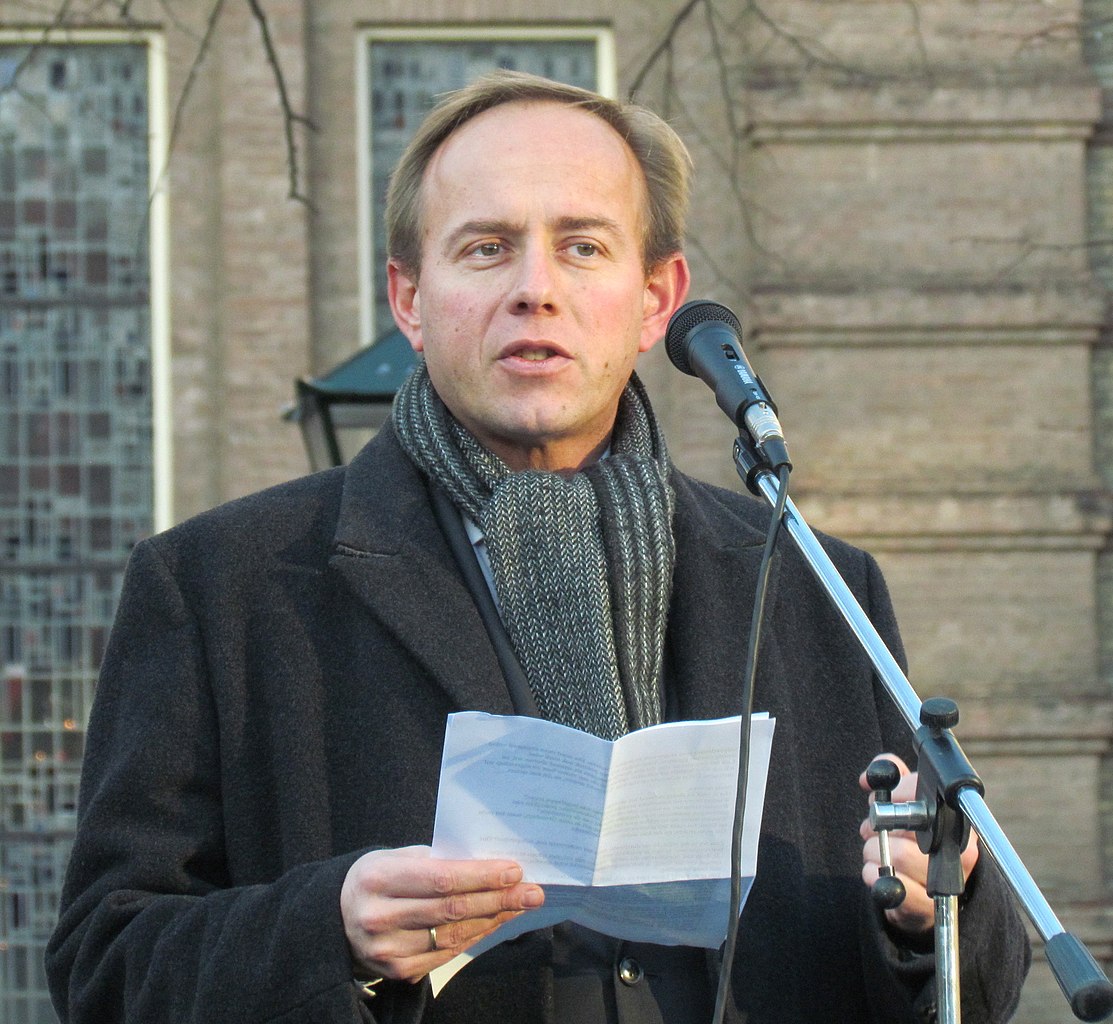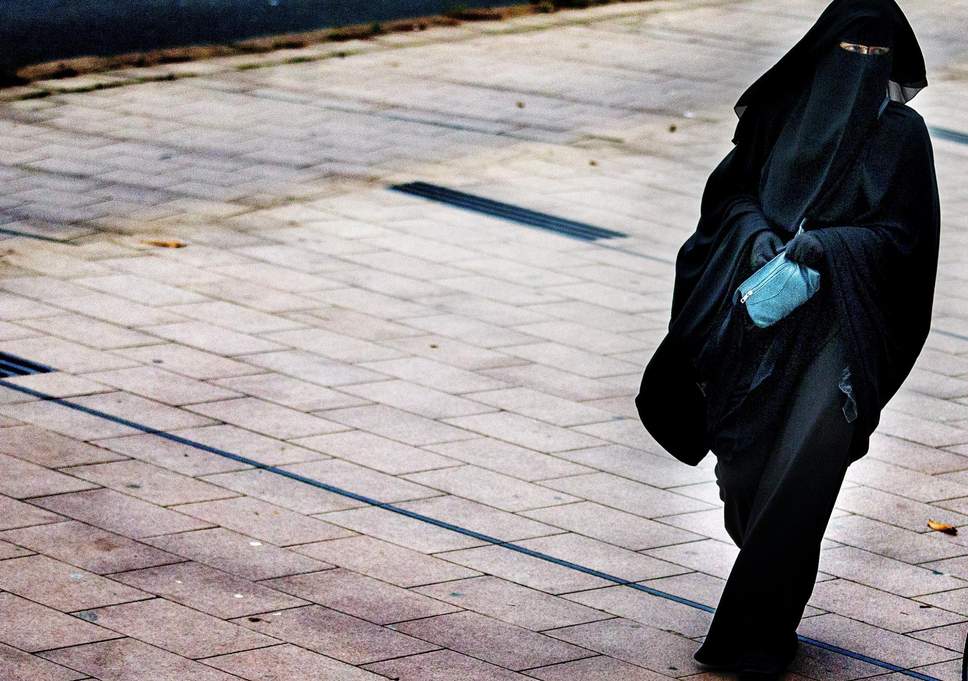Background information:
The high ranking Dutch University of Amsterdam (UvA) had been occupied by unsatisfied students for months (since February 25th) before being violently cleared out by the riot police last week. Students were camping in the occupied “Maagdenhuis” which is the main administrative building of the university. Critical students and university professors unified themselves in a new movement called “De Nieuwe Universiteit” (English: The New University) criticizing the university management for their neo-liberal policies and focus on financial revenue. Some of the main demands of the occupiers are more democratization in the university and more influence in the decision making process and university policies for students and teachers. After the violent clearing out by riot police the movement’s latest demand is for the university management to vacate their positions. UvA professor of politics Jean Tillie was interviewed by the Dutch newspaper Het Parool. In the interview Tillie makes comparisons between radical students and Muslim radicals. What follows is a full translation of the Dutch interview. To read the interview in Dutch follow this link:
The interview:
“Muslim radicals and radicalized students are almost the same”
Jean Tillie, professor of politics at the UvA, expects a radical group will unify itself in the student protests. And he warns. “In radicalism we can observe democratic phenomenon but it can also be innovative.” If students radicalize we all [trans. i.e. prominent figures] visit them in order to profile ourselves. But when Muslims radicalize we view that as a security threat.
The joy over the “Maagdenhuis” started when Jean Tillie (54) saw a picture of parliamentary members Mei Li Vos (Partij van de Arbeid / Labour Party) and Jasper van Dijk (Socialistische Partij / Socialist Party) in conversation with students in the occupied administrative room of the UvA college-chairman Louise Gunning. On the picture you can see someone in the background looking at books about administrative thought.
Tille has been doing research on radicalism for years. When thinking of radicalism people mostly think of Muslim radicals. This is not fair, he thinks. Student who are occupying the “Maagdenhuis” should also be seen as radical. So what then is a radical? “A large amount of distrust towards established elites, combined with an interest in their thought.” This is symbolized by the person in the background of the picture studying the bookshelves.
Do politicians then associate with radicals?
“I can say so because I used to be a radical anarchist. Aside from that radicalism may exist in a democracy right? It is not the same as extremism. But behind radicalism may lurk potential innovative changes. If students radicalize we [i.e. prominent figures, trans.] all visit them because we want to profile ourselves. But if Muslims radicalize we view that as a security threat.”
You think that is hypocrite?
“Radicalism can have something in and of itself that can be revitalizing and innovative. But it also contains democratic phenomena, even if the persons involved claim to be autonomous. I have never experienced democratic people as with the anarchists.”
“The terminology that is used I also find embellishing. My colleague professor Ewald Engelen pleads for the establishment of a “commission of truth” at the UvA [‘waarheidscommissie’ in Dutch. A term used for the commission responsible for the research on the infringement on human rights during the Apartheid regime of South Africa, trans.]. ‘Exactly!’ I think at such a point. Because through that you are actually saying that the UvA college board – just like the regimes of South Africa and Uganda – should be taken to account for their past mistakes, should get out of their position as an elite with an us-and-them mentality, and should reconcile themselves with those who actually give them their worth. In that way you can also see the value of the radicalizing professor, dangerous for powerful elite that operates in the shadow!”
Must politicians always associate themselves with groups that are radical?
“The offices of the management board should always be open. Even for students. And especially for radical renewers. As a politician you should get excited by such means. You must be able to connect aims and means.”
How did such things happen in your time?
“I’ve been a squatter and an anarchist for eight years. I participated in the crowning riots [i.e. the riots during the crowning of the former Dutch Queen Beatrix in 1980, trans.]. When I became 24 years old I stopped. Now I am 54. So I have had thirty years to think about it. And this is my conclusion: leftist radicalism is the same as rightist radicalism is the same as Muslim radicalism. But if it is from the Muslim community, from low educated youth, we tend to act hypocritically and untrusting. If it is about right-radicalism it already becomes much more complicated – take the examples of Breivik and Hans Janmaat [a former extreme rightist Dutch politician, trans.] – and if it is from the leftist community then listening is suddenly seen as a value…
The reasoning of activists is: the elite does not want to listen. Sometimes more radical actions are necessary to be able to achieve something.
“In my time as an activist we also we also organized rather firm actions. And did it have a result? Yes. If we take a look to the anarchist movement – that got little money and support – the profits were not minor. We were against nuclear energy and a further development of nuclear power station did not come to pas. We were against cruise missiles but unfortunately we stumbled upon deff ears there. You could say the housing has improved but not that squatters have been stigmatized as extremists and isolated their public support and because of that their engagement has been lost.
The occupiers of the “Maagdenhuis” say that it has not been up until now that they are being heard. Before the protests there was no serious discussion going on at the universities.
“If you want to be really effective it takes a much longer process. Then you should have a look at educational programs and departments. And you should translate the radical movement into renewed and better politics. It is not until then that the movement becomes meaningful. So the students should above all be persistent.
Must the students leave the “Maagdenhuis?
“No. My proposition is that if you can warrant your own sympathetic aims you don’t have to go away. It was not up until now that serious conversations took place with the college board. I expect a slow recuperation of the communicative trust between the elite who at first did not want a conversation and the group of radicals who are careful of an all-to-quick settlement without the political renewal I just spoke about. If they will leave de “Maagdenhuis” a new divide will come into existence between the elite and the people and a disappointed ever more radicalizing group of students.”
What will happen with such a hardened group?
“It is a very uncomfortable story. Such a hardcore group could be further stigmatized, which was already seen during the student demonstrations and for which a ritual from 1969 was criminalized. Then it becomes extreme. It remains attractive to fight for justice. It is the attraction of democracy, dissimilar to what the racist and aristocratic Le Bon claimed about the mass. Something you get from beautiful human things such as sex of dancing but also through commercial surrogates such as drugs and violence – opium of the people – to obstruct them from real democracy.”
You eschewed violence. Why did you yourself stop being an activist for peace?
“I became a father. But a few years before that another incident happened. We were at a big party in the squatting house “De Groote Keijser” and supporters of the extreme-rightist Hans Janmaat – who just won a seat in parliament – were also present. They celebrated this by beating up a black friend of mine. It became a huge fight and I almost died: I was hit in the face with an iron rod. When I was recovered and returned into the movement people reacted as if I was whining. I was simply the victim of an international struggle. Romanticism withers away in such an activist movement.”
Date: 02-04-2015
– Translated by Jeroen Vlug –






